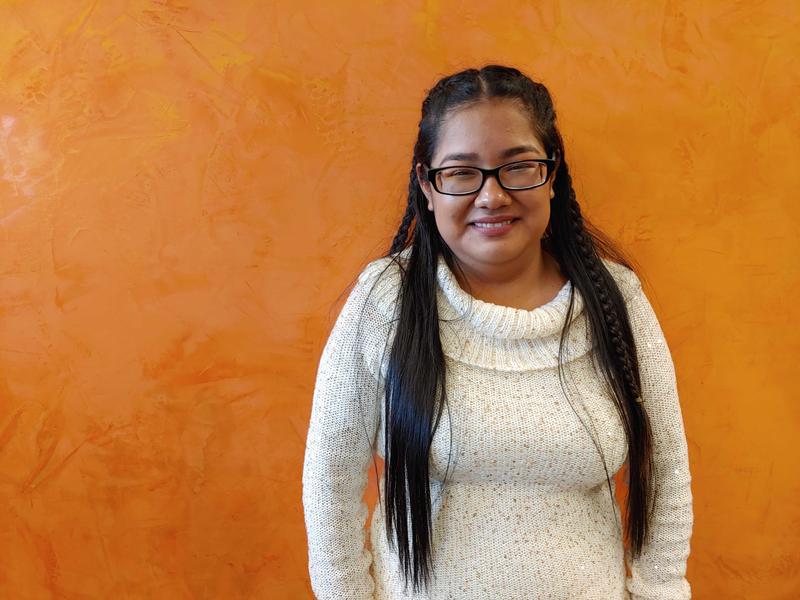
The future of nearly 8,000 Tennesseans will start to be decided this week.
The U.S. Supreme Court will hear arguments about the Deferred Action for Childhood Arrivals program, better known as DACA. Some participants from Tennessee will be in the nation’s capital for the historic hearing.
Mari Campos, 21, was helping her older sister figure out university scholarships years ago when she realized her life was going to be more challenging because of her immigration status.
“So, we were there trying to figure out how someone who was a valedictorian, who had a high ACT score, was not going to be able to go to college because she was undocumented and because we didn’t have the financial means,” Campos said. “It was kind of then when I realized, ‘Oh, this is going to be me. That’s going to be my future. I’m not going to be able to obtain a postsecondary education.’”
DACA was created by President Barack Obama in 2012, and it automatically changed the lives of nearly 1 million DREAMers — the young, undocumented people who were brought into the U.S. when they were children. The program has allowed many of them — including Campos — to attend college and get a driver’s license.
It doesn’t creates a path to citizenship, but DACA also allows participants get work permits.
This week, the nation’s highest court is going to hear arguments in several cases challenging President Donald Trump’s 2017 decision to revoke the law. His administration claims the program was created illegally.
Thousands of DACA recipients are headed to Washington, D.C., to rally outside the court. Campos is one of them.
“I have always advocated for other communities that are marginalized —the LGBT, Black Lives Matter,” Campos said. “I’ve done all these different things, but I feel like now it’s like, ‘OK, Mari, it’s your turn to fight for yourself and for your well-being and for your future.’”
For many Tennesseans in the program, speaking out and demonstrating can have a real impact, Jazmin Ramirez, an organizer with the Tennessee Immigrant and Refugee Rights Coalition, said.
That’s why she is also going to D.C.
“We have decided that we want to be part of this national movement,” Ramirez, who is also a DACA recipient, said. “Oftentimes, the South gets left out.”
But Ramirez said that people should pay attention to Tennessee. After initially joining a list of states threatening to sue the government to end the program in 2017, Tennessee Attorney General Herbert Slatery took the state out of the list. He determined DACA is good for the country.
“There is a human element to this,” Slatery said in a letter to Tennessee senators in 2017. “Many of the DACA recipients, some of whose records I reviewed, have outstanding accomplishments and laudable ambitions, which if achieved, will be of great benefit and service to our country. They have an appreciation for the opportunities afforded them by our country.”
Ramirez, with TIRRC, said that’s the reason they will be rallying in Washington. She said Tennessee’s reversal makes it clear that speaking out could make a difference.


